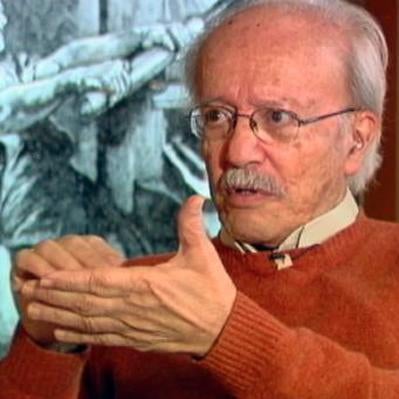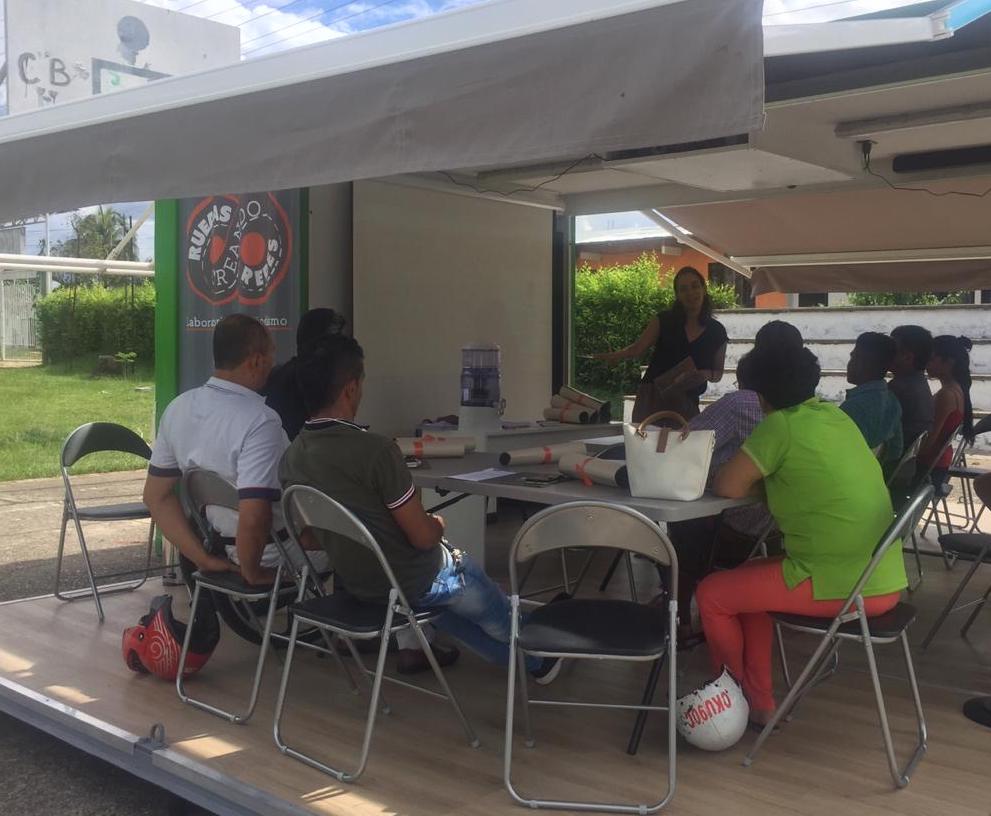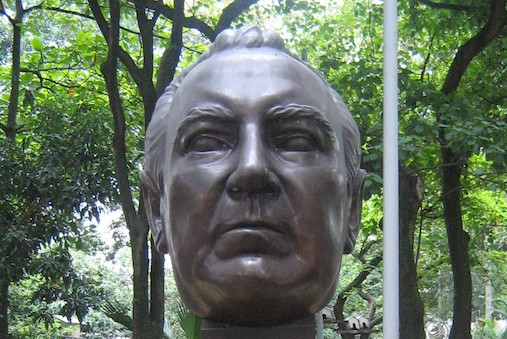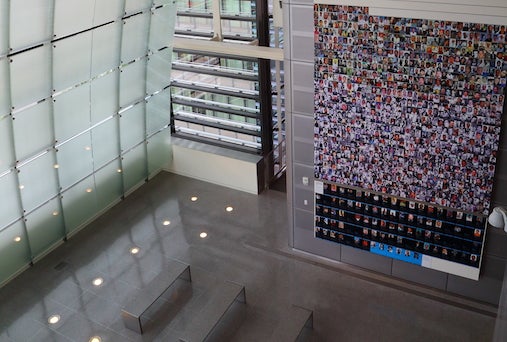
He also stood out for his defense of press freedom. In fact, he was director of the Foundation for Press Freedom (FLIP) in Colombia, and was a columnist for the newspapers El Espectador, El Colombiano and El Heraldo.
A Colombian judge prohibited journalist Claudia Julieta Duque from issuing opinions and photographs in the context of a proceeding against Emiro Rojas Granados, former deputy director of the country’s now extinct intelligence department, accused of psychological torture against Duque.

The Colombian State will be judged by the Inter-American Court of Human Rights in the case of the abduction, torture and sexual violence against journalist Jineth Bedoya Lima 19 years ago.

FLIP felt the need to create a project that would encourage the creation of local information in Colombia. This is how Ruedas Creando Redes was born. It’s a laboratory of mobile journalism that for the next two years will travel to 10 municipalities considered information deserts.

For both Restrepo and Ramírez, the crisis that the Coronell case sparked can also be exploited by the media to improve their work and their approach to audiences.
Montenegro focused on reporting news about the municipality and department through different programs on the station, according to what a colleague of the journalist told FLIP.

The Attorney General of Colombia ordered the detention of a former hitman it linked to the 1986 murder of journalist and editor of newspaper El Espectador, Guillermo Cano Isaza.
![The New York Times building in New York City (Photo: Ajay Suresh from New York, NY, USA [CC BY 2.0])](https://latamjournalismreview.org/wp-content/uploads/2020/05/New_York_Times_Building_-_New_York_Times_Logo_48193455772.jpg)
A reporter and photojournalist who work for The New York Times in Colombia left the country after being targeted with stigmatizing remarks from congress members of the ruling party and online harassment

Two former paramilitary members have been sentenced to a total of 70 years in prison in relation to the abduction, torture and sexual abuse of Colombian journalist Jineth Bedoya Lima that happened almost 20 years ago.

The late Juan Javier Ortega Reyes and Paúl Rivas Bravo from newspaper El Comercio of Ecuador are among the 21 press professionals whose names will be added to the Journalists Memorial at the Newseum in Washington, D.C.
The Press Freedom Foundation (FLIP, for its initials in Spanish) denounced what it considered judicial harassment against Colombian journalist and columnist Daniel Coronell by the former president and current senator Álvaro Uribe Vélez.

These journalists are turning the microphone toward the people behind the news and are examining the press in this current moment.